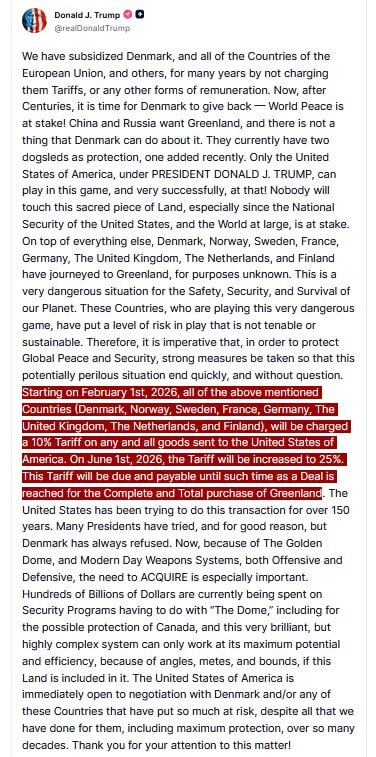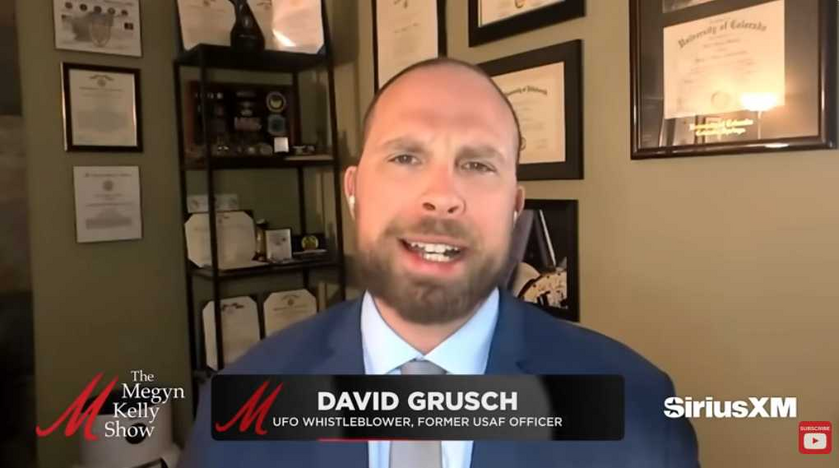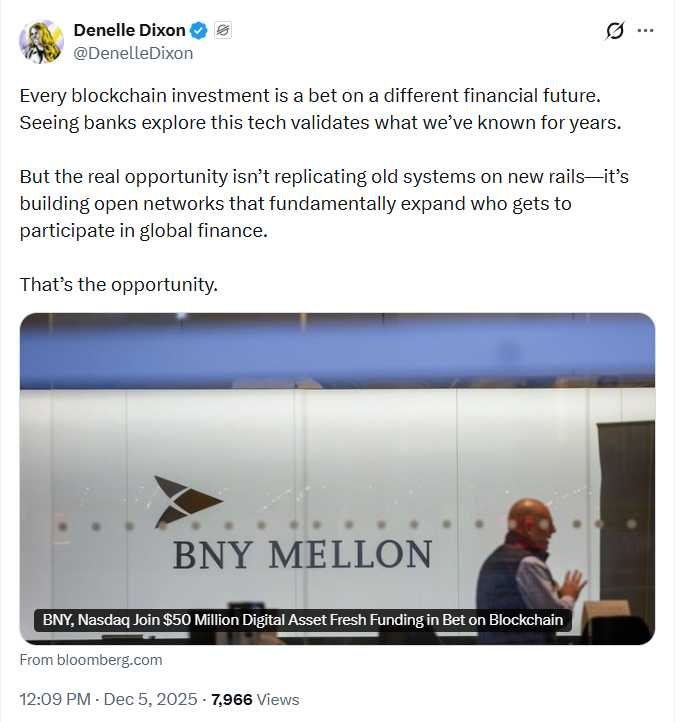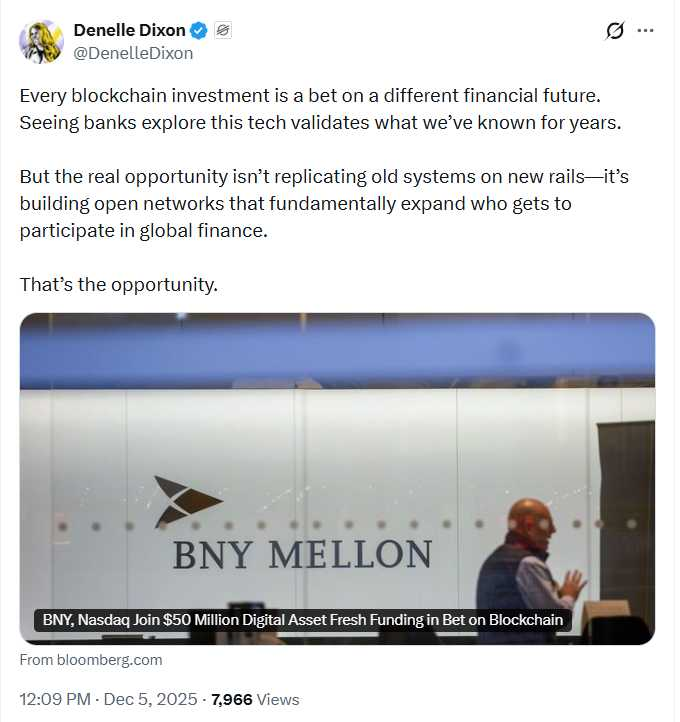📊 Vet Recruiter: Crypto and Wall Street ‘Don’t Speak the Same Language’ 📊
Blockworks sat down with veteran headhunter Dan Eskow, who has been building a crypto-specific startup with Wall Street ties
The last few months haven’t been kind to job seekers looking to move into crypto.
Spates of layoffs — including blue-chip companies from Coinbase to BlockFi to Genesis — induced by the dual meltdown of Terra stablecoin UST and the digital assets lending market have become the norm. Would-be Web3 jumpers from cushy traditional finance seats have suddenly found fundamental stock valuations and grading mezzanine debt tranches far more interesting. And stable.
But a growing number of deep-pocketed opportunistic players, from Sam Bankman-Fried of crypto exchange FTX to hedge fund powerhouses, including Steve Cohen of Point72 Asset Management, have snapped up top-tier talent in spades.
Dan Eskow of his New York-based Up Top Search recruiting firm has of late made a number of high-profile placements, adjusting a business model honed in the halls of Wall Street to the new realities of crypto. The shift starts, Eskow told Blockworks, with “setting realistic expectations,” especially when “there’s a level of competition now that this industry has never seen.”
Eskow, who previously built out his own quantitative headhunting division at another shop, which he spun out into Up Top Search in August 2021, said he’s had to hone soft skills and learn how to trade quant nerd-speak for the nuances of crypto lingo.
The veteran headhunter, who went “all-in” on crypto, spoke to Blockworks about weathering the steep ups and downs of two vastly different cycles — including the inherent challenges of “building in a bear.”
Blockworks: We’ve reached a bit of an inflection point in crypto, following the Terra debacle on the heels of the Celsius and Voyager bankruptcies and corresponding bailouts. There’s been a lot of layoffs. A lot of the news is dismal. What does it take at this moment in crypto history to get hired? And how do you approach that from the perspective of a headhunter? And how has that shifted from a bull market where the going’s good?
Eskow: When I speak to candidates, the most important thing, in my mind, is to set realistic expectations. Because my goal is not just to get them hired immediately, but it’s to build a relationship to where they’ll trust me when it comes to hiring for the rest of their career. So, that starts with setting realistic expectations in this market and not over-promising. And the reality is, the layoffs and the market crash have affected different skill sets in different ways.
I’ve seen the biggest influx in the market from the layoffs on the institutional sales and business development side. So, it seems like the easiest people for these companies to lay off were sales, marketing and partnerships. And there are still sales opportunities and [business development] opportunities, hiring-wise, but it’s become extremely competitive.
So, I always lead with the truth. And what does it take to get hired? In all skill sets right now, everyone’s being very conservative about their hiring. So, the interviews are still taking place, kind of as they were previously, but at this time they’re looking for 10 out of 10 matches.
Unless you’re that person, most likely, they’re not going to hire you. But building those relationships is definitely important. The clients, the hiring companies, see that, as well — that building relationships with candidates for future hires is important.
Blockworks: There once was a strong argument to be made that nascent crypto firms needed white-glove Wall Street talent to be taken seriously by skeptical, would-be institutional investors. But crypto natives are landing large traditional finance (TradFi) checks. What are people looking for on that spectrum? Macro-wise, how has that shifted over time?
Eskow: Well, that’s an interesting question.
These times have led to an interesting crossroads between TradFi and crypto natives, where you have in TradFi stable organizations that can take advantage of all the crypto native talent coming into the market and use this to figure out how to build more of a footprint in the space.
Crypto natives recognize — what they’ve learned — is that they need to be more aligned with institutional guys, as well.
We’re seeing that line get very gray at this time. These two types of people are so different that I think they’re finding it very hard to communicate with one another. And, if there’s one major positive that comes out of this crash, it’s that it kind of forces institutional and crypto natives to come together and work together, in a sense. And hopefully that cultural barrier will be brought down a little bit.
But right now I’m seeing this major communication barrier, almost like they don’t speak the same language at all.
Blockworks: How do you solve that?
Eskow: The way to solve that is through relationships. The main driver of that problem is ego.
And the only thing that could convince someone to let go of their ego and be open to the other side is actually meeting someone from the other side. That’s all that’s ever going to change your mind. So, it’s going to take communication. That’s it.
Well, relationships, not just communication, but actually real relationships, because there needs to be trust. Each side has such different views on things. And they don’t — it’s not natural for them — to want to trust each other. And it just creates a divide to where they really can’t accomplish anything together. And that’s what we need to see improve.
Blockworks: Is now a good time to leave your cushy seven-figure Wall Street job for crypto?
Eskow: Absolutely not. 👉No. No. No.
You’re not a build-in-a-bear-market-type of guy. Almost no one is. You’re not.
I am building in a damn bear market. I am building in a bear market, but if you have a cushy seven-figure job on The Street, and you were passionate about this, you would have been here already.
👉If you’ve not bought in 1,000%, and you’re still hanging on to your traditional job, I think now’s the time where you stay there.
https://blockworks.co/vet-recruiter-crypto-and-wall-street-dont-speak-the-same-language/



























